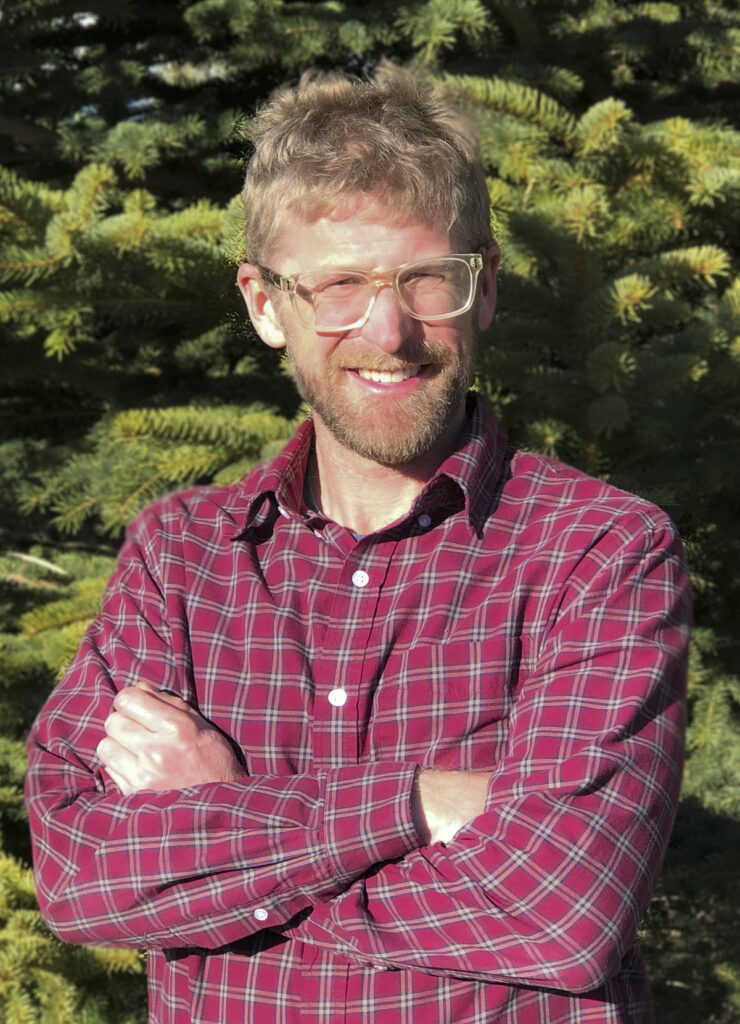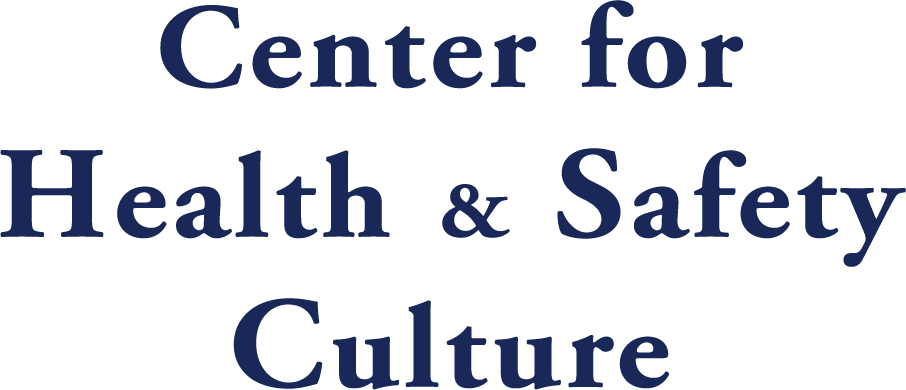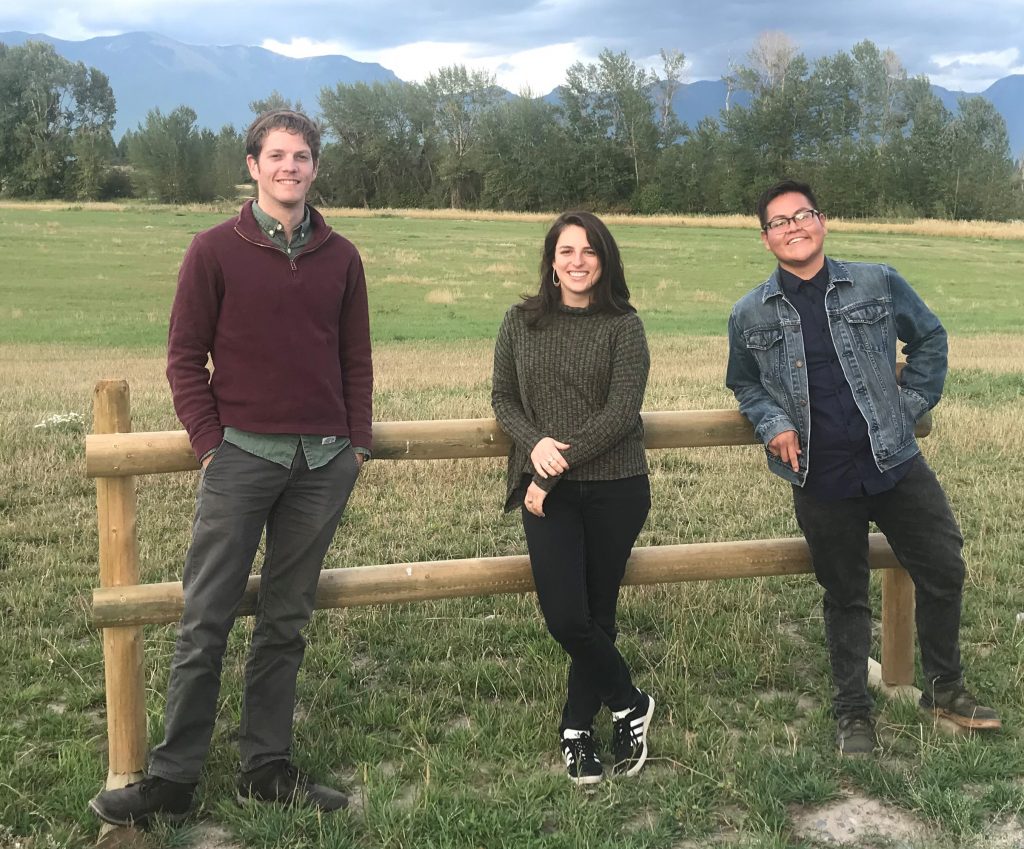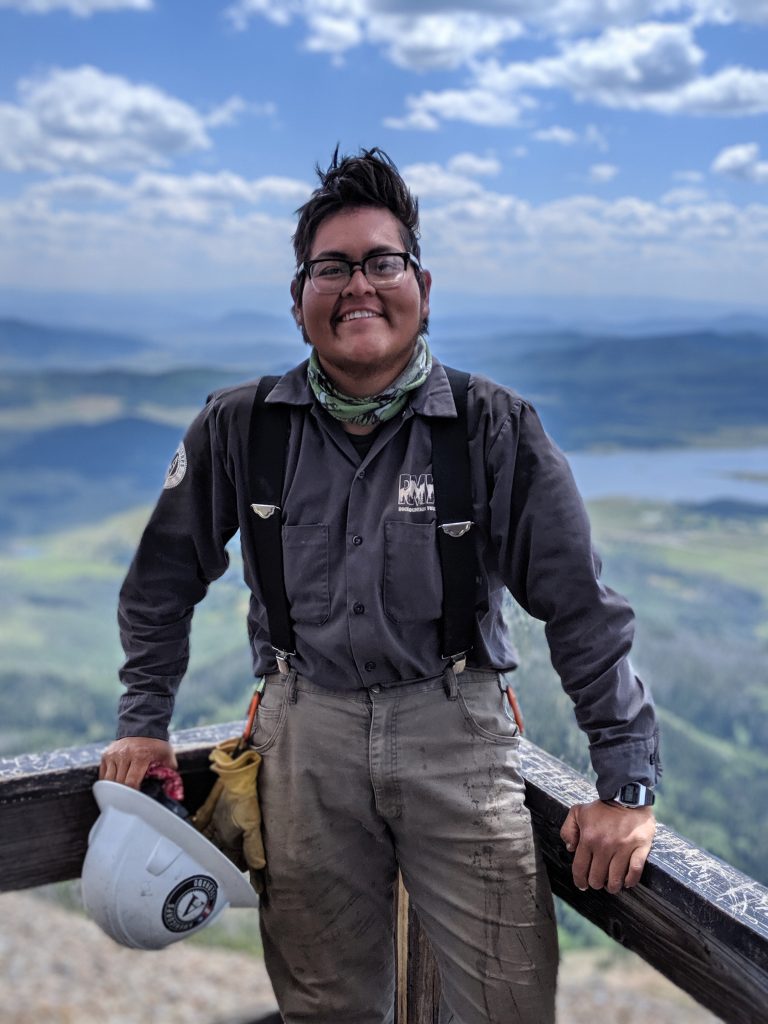NEW STAFF: Matt Madsen joins WTI’s Mobility Research Program

Meet our newest Matt. The Western Transportation Institute welcomes Technical Research Associate, Matt Madsen, bringing our Matt total to four (he joins Matt Blank, Mat Bell, and Matt Ulberg). Madsen joins the Mobility and Public Transportation program area and will take on projects previously coordinated by Dani Hess, including the pop-up neighborhood traffic calming program […]
WEBINAR: Traffic Safety Culture and Its Relationship to Vision Zero

The Center for Health and Safety Culture, in partnership with the Traffic Safety Culture Pooled Fund, will lead a free webinar on December 3 on “Traffic Safety Culture and Its Relationship to Vision Zero.” The webinar will provide an overview of traffic safety culture theory, terminology, and methods, based on the newly published TSC Primer. […]
Transportation Fellows Benefit from Networking and Learning Opportunities at TRB Forums

Recently, WTI co-hosted the Transportation Research Board (TRB) International Conference on Low Volume Roads, held in Kalispell, Montana earlier this fall. Attendees who stayed a few extra days could opt to take part in another Transportation Research Board (TRB) event – the mid-year meeting of the TRB Committee on Transportation Needs of National Parks and […]
Meet the Fellows!

The newest Fellow participating in the Public Lands Transportation Fellows program is Nathan Begay, who started working at the Valle de Oro Urban Wildlife Refuge in Albuquerque, New Mexico in September. Nathan graduated from the University of New Mexico with a Masters in Community and Regional Planning with an emphasis in Physical Planning and Design. […]
